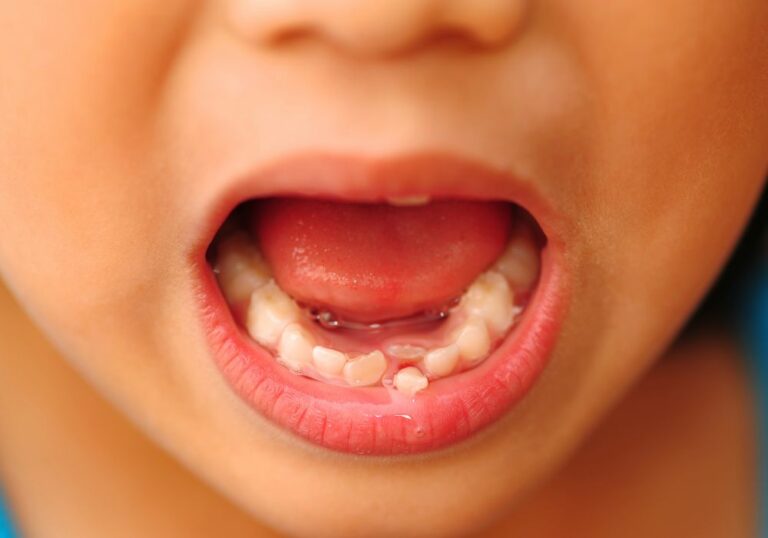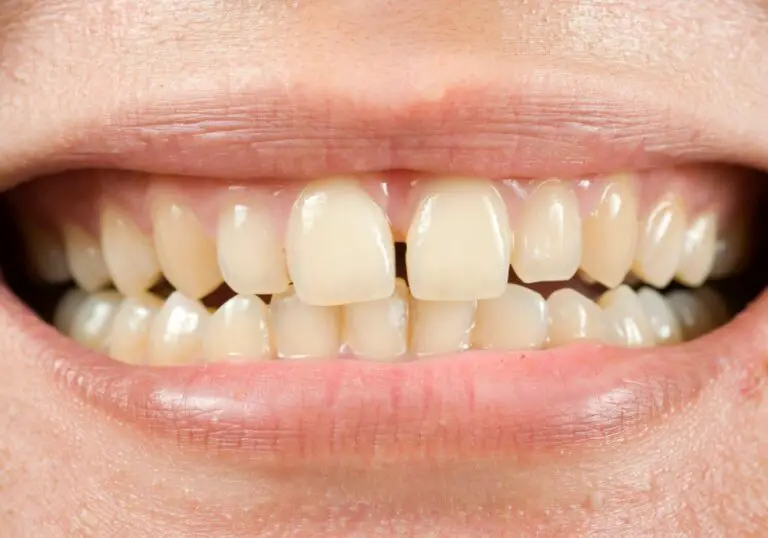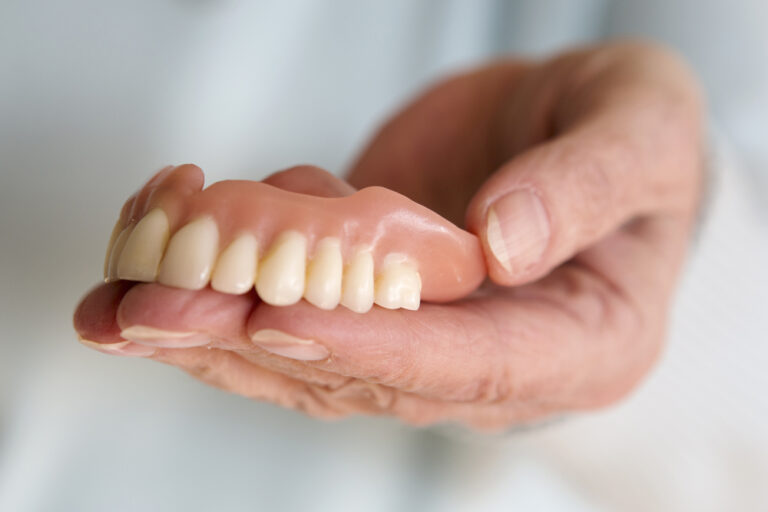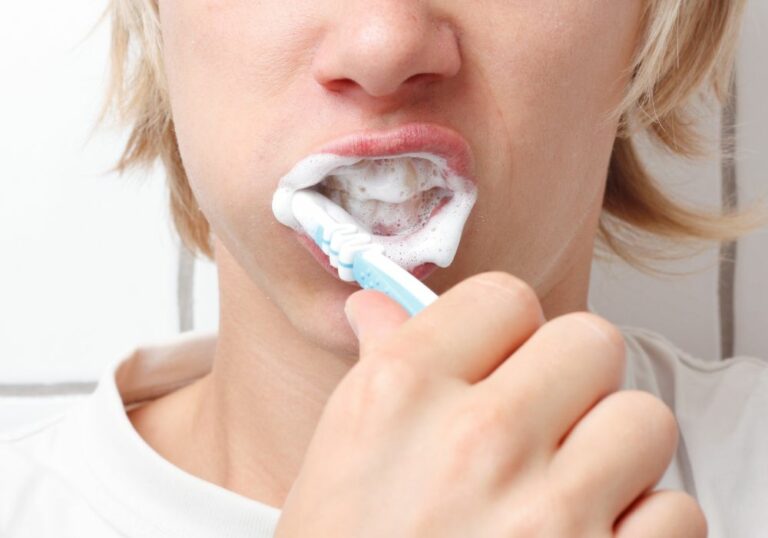While you may be well-versed in the behavior of your canine friend, it seems like there is always something to stump you. One of the quirkiest uncommon habits dogs have is chattering their teeth.
Dogs chatter their teeth for several reasons. In situations they are stressed or excited, but they can also chatter their teeth if they are cold or putting their keen sense of smell to use. Teeth chattering can also indicate a number of dental and health issues.
Teeth chattering is not associated with any one cause, so you should understand what context clues to look for. This article explores the behavioral, physical, and health reasons behind teeth chattering as well as the appropriate responses.
Understanding Why Dogs Chatter Their Teeth
The root of many dog’s habits lies in their behavior, physical condition, and health.
Behavioral triggers are those that arise innately in response to intangible urges. Dogs that chatter their teeth may do so in response to heavy emotions like stress, fear, or excitement.
Physical triggers are those that affect your dog’s physiology. Something as simple as the temperature or a new scent can cause your dog to respond with teeth chattering.
Teeth chattering can also be a symptom of a number of health issues, including:
- Dental problems
- Seizures
- Body pain
Health problems can be difficult to pin down, so it’s important you look for other signs to help gauge your dog’s condition.
Older dogs are more likely to chatter their teeth than younger dogs, but dogs of any age may showcase this behavior. In this section, we explore the most common triggers for teeth chattering.
1. High Stress, Anxiety, or Fear
Humans have plenty of ways that they cope with stress, anxiety, and fear. For some, this may involve habits like grinding their teeth or tapping their fingers.
Dogs are the same way. When they get stressed, they act out in unusual ways. While whining, barking, and howling are easily recognized, teeth chattering is another coping method.
For example, dogs with separation anxiety may start chattering their teeth when you start your “leaving the house” routine. This may seem harmless (especially compared to tearing up your house or howling for hours), but it means a great deal to your dog.
Whenever possible, you want to limit things that trigger great negative emotions in your dog. Use tools like thundershirts, music, or even medication to help them handle their stress.
2. Excitement
Excitement exists on the other end of the emotional spectrum. You may jump for joy or do a little dance when you are excited; your dog might chatter their teeth.
A dog chattering their teeth in excitement is not a huge problem, but you may need to help them curb their enthusiasm. Similarly to limiting stress triggers, make sure they are not put in a situation where uncontrollable joy could be dangerous.
One example of this is setting your dog free on a playdate before they are properly socialized, especially in an open area. If your dog is too excited to recall properly, they may run off or overwhelm their playmate.
3. Overly Cold

Have you ever been so cold that your teeth chattered? This happens as your muscles twitch, trying to warm you up, and the same thing can happen to your dogs.
Dogs run at a higher temperature than we do, so they do not get cold as easily. Regardless, certain breeds and even individual dogs have it harder than most. Small breeds like Chihuahuas and Dachshunds have high metabolisms, making it difficult to regulate their temperature in extreme conditions.
If your dog seems less cold-hardy than others, or if you are experiencing a major cold front, consider investing in a jacket, sweater, or even boots for your pet. Make sure you do not leave them outside for longer than necessary to limit the shivering as much as possible.
4. Picking up a New Scent
It’s no secret that dogs have a better sense of smell than humans do, but did you know that they can taste what they smell? They have a special olfactory chamber at the bottom of their nasal cavity, near their nasal bones at the roof of their mouth.
This vomeronasal organ allows them to explore scents in ways that we could never imagine. When sniffing something new, exciting, or diverse, it’s possible their teeth will chatter as they use this special organ.
This is usually a mix of the physical act of smelling and the excitement from the sensation. It’s also more common in male dogs than females, especially unfixed males as they pick up on certain pheromones.
5. Dental Problems
Dogs can suffer from a number of dental issues, even with proper care. These include:
- Periodontal disease (gum disease)
- Tooth decay/cavities/abscesses
- Excessive drool
- Bad breath
- TMJ
The teeth chattering is usually indicative of the pain associated with these dental issues. Dogs with dental pain will also exhibit weird eating habits, loss of appetite, and shy away if you inspect their mouth or jaws.
One of the most common causes of dental problems is improper dental care. By brushing their teeth at least once a day, you can protect your dog’s jaw, teeth, and overall health.
6. Seizures
Seizures occur when the brain experiences a sudden burst of uncontrolled activity. They vary in type and severity, and may sometimes occur several times a day (epilepsy).
During these episodes, your dog may clench their jaw and chatter their teeth. While most expect greater motor movement during a seizure (collapse, twitching, jerking, and biting), sometimes teeth chattering is the only sign.
If the teeth chattering is accompanied by a sense of absence or confusion, or your dog’s behavior suddenly changes, it’s best to take them in for a checkup. The teeth chattering may be normal behavior, but it’s better to be on the safe side.
7. Shaker Syndrome (White Dog Shaker Syndrome)
Shaker Syndrome is a specific condition that involves the decline of multiple neural systems. It’s characterized by general head and body tremors (including teeth chattering), although they rarely develop into seizures, and usually affects small white breeds like:
- West Highland White Terriers
- Bichon Frise
- Maltese
Shaker Syndrome is often harmless and can be treated with proper veterinarian supervision.
8. High Pain Levels
Like most animals, dogs are reluctant to let you know they are in pain. They will go through great lengths to keep this information to themselves, and they are usually good at it.
Teeth chattering is sometimes uncontrollable, especially when they are in excruciating pain, and it can be a clear sign of injury or illness. You will usually notice other signs of agitation or stress, or unusual behavior (like lying on one side of their body).
If you suspect your dog is in pain, get them to the vet as soon as possible. They may be suffering from pain derivative of an injury or a consistent ailment, such as arthritis or temporomandibular joint (TMJ) dysfunction.
9. Old Age
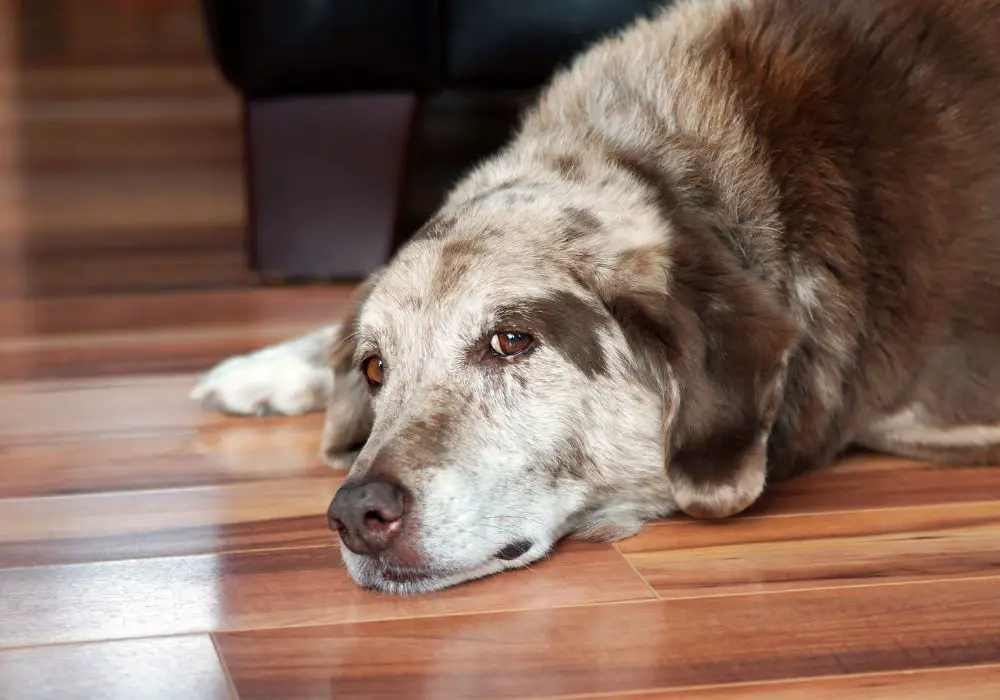
As you may guess, some of these issues are more common in older dogs than puppies. They are more likely to experience dental problems, less equipped to handle the cold, and more likely to have arthritis or pain from old injuries.
This doesn’t mean you should respond any differently, but it may explain why teeth shattering suddenly showed up in your senior dog.
When a Dog’s Teeth Chattering Requires Veterinary Attention
Teeth chattering is usually harmless, but it really depends on your dog and the situation that you are in. If you understand your dog has separation anxiety or they are in a new situation, it’s probably a behavioral reaction that you can work through.
Medical issues are more alarming to handle, but they also require the quickest response. Unless teeth chattering is a known symptom of your dog’s current diagnosis, it’s worth a prompt trip to the vet.
| Emergency (Get to Vet IMMEDIATELY) | Urgent (Get to Vet ASAP) |
| Seizures | Known neurological or muscular disorders |
| Hypothermia | Mouth pain |
| Severe gastrointestinal issues | Severe anxiety |
Emergency situations can be life-threatening if they are not handled soon and effectively. We suggest taking your dog to the vet, even if it’s after-hours.
Urgent situations may not require immediate attention, allowing you more time to make an appointment with your usual veterinarian. They still need appropriate treatment to make sure the situation does not get worse and turn into an emergency.
Conclusion
Dogs usually chatter their teeth when they are excited, but the behavior can signify a number of big emotions or feelings. Usually, you can uncover the root of your dog’s behavior by reflecting on their personality and what they are exposed to.
If you suspect anything is off with your companion, do not hesitate to reach out to your veterinarian. Teeth chattering may not be a major red flag, but your instinct may tell you otherwise. It’s best to err on the side of caution.
Are you still wondering why your dog is chattering their teeth or whether you need to do something about it? Let us know in the comments!



